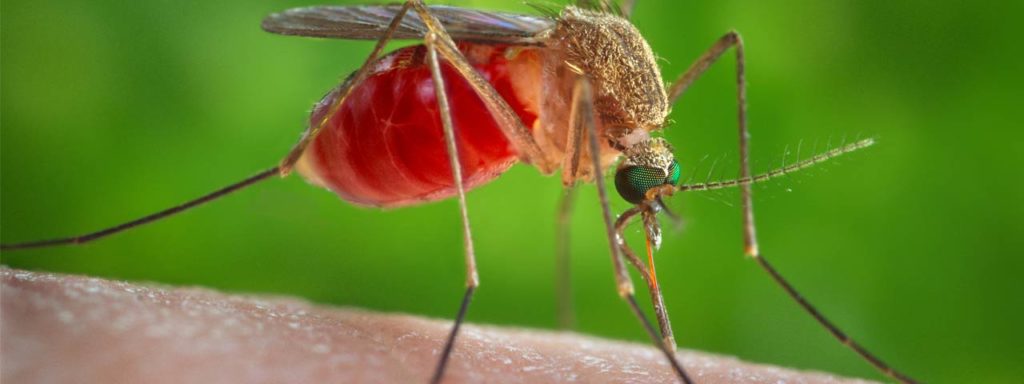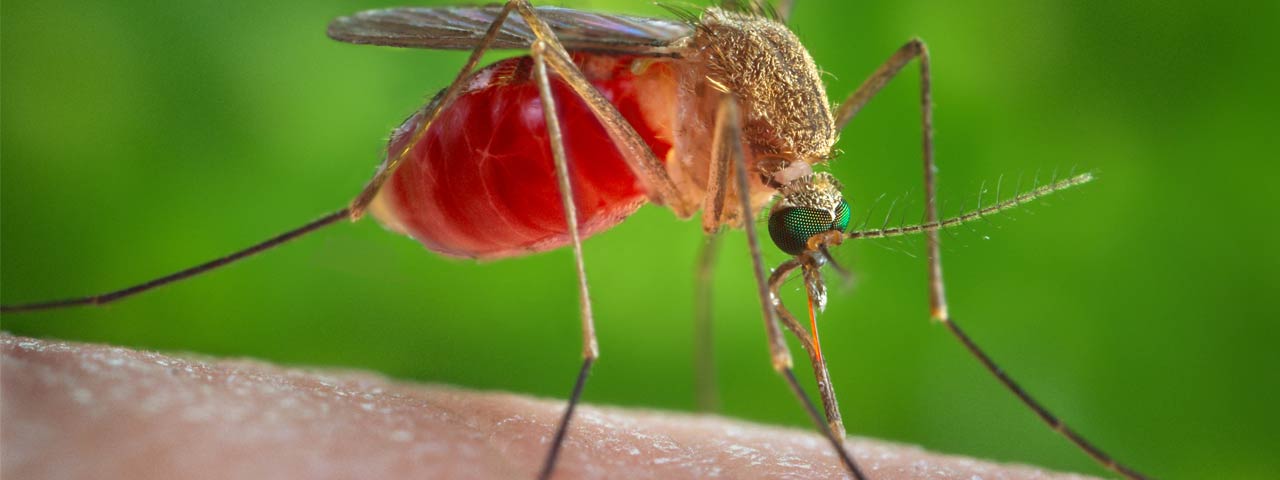
Provided by Kim Deti Wyoming Department of Health
As Wyoming residents spend more time outdoors or in pools, the Wyoming Department of Health (WDH) is describing some simple steps that can help families escape some potentially serious diseases passed more commonly during the warmer months.
“We understand people may be more anxious this year than ever to get outdoors and have some fun, but there are still a few common sense choices that can help us stay healthy,” said Clay Van Houten, Infectious Disease Epidemiology Unit manager with WDH.
Serious diseases sometimes spread by infected ticks in Wyoming include tularemia, Rocky Mountain spotted fever (RMSF) and Colorado tick fever (CTF).
Tularemia symptoms include fever, swollen and painful lymph glands, inflamed eyes, sore throat, mouth sores, skin ulcers and diarrhea. If the bacteria are inhaled, symptoms can include sudden onset of fever, chills, headache, muscle aches, joint pain, dry cough and progressive weakness and pneumonia. Initial RMSF symptoms may include fever, nausea, vomiting, muscle pain, lack of appetite and severe headache. Later signs and symptoms may include rash, abdominal pain, joint pain and diarrhea. CTF usually causes fever, headache, muscle and joint pain, and, occasionally, a rash.
People can be exposed to ticks when walking through, playing or sitting in brushy and grassy areas, or handling certain animals. Steps to help avoid tick-related diseases include:
• Apply insect repellents such as those containing 20 percent or more DEET and/or picaradin.
• Wear light-colored clothing to make it easier to see ticks crawling on clothing.
• Tuck pant legs into socks.
• Upon return from potentially tick-infested areas, search yourself and children for ticks and remove if found.
• Check pets for ticks; use tick control products recommended by veterinarians.
• Carefully handle live or dead potentially infected animals such as rabbits and rodents.
Another disease, West Nile virus (WNV), is spread by mosquitoes when they feed on infected birds and then bite people, animals or other birds.
Most people infected with WNV don’t have symptoms. Among those who become ill, symptoms include fever, headache, body aches, skin rash and swollen lymph nodes. A very small number develop West Nile neuroinvasive disease with symptoms such as severe headache, fever, neck stiffness, stupor, disorientation, coma, tremors, convulsions and paralysis.
“We want people to remember the familiar steps we’ve been talking about for years to protect themselves from mosquito bites,” Van Houten said.
The “5 D’s” of WNV prevention include:
1) DAWN and
2) DUSK – Mosquitos prefer to feed at dawn or dusk, so avoid spending time outside during these times.
3) DRESS – Wear shoes, socks, long pants and a long-sleeved shirt outdoors. Clothing should be light-colored and made of tightly woven materials.
4) DRAIN – Mosquitos breed in shallow, stagnant water. Reduce the amount of standing water by draining and/or removing.
5) DEET – Use an insect repellent containing DEET (N, N-diethyl-m-toluamide). When using DEET, be sure to read and follow label instructions. Picaridin (KBR 3023) or oil of lemon eucalyptus can also be effective.
Van Houten also said diseases such as cryptosporidiosis, giardiasis and shigellosis can be caught by drinking from or swimming in lakes or other untreated bodies of water, or in treated pools.
Many disease-causing germs come from feces and a tiny amount can make people sick. Disease symptoms typically include diarrhea, stomach cramps, nausea and loss of appetite.
Van Houten offered simple advice to avoid these types of diseases in the outdoors. “No one should drink untreated water such as from hot springs, lakes, rivers and streams even if it looks clear and clean,” he said.
Recommendations for swimming either in natural areas or in treated pools include:
• Avoid swimming when experiencing diarrhea.
• Don’t swallow swimming water and avoid getting water into the mouth.
• Practice good hygiene including showering before swimming and washing hands after using the toilet or changing diapers.
• Don’t pee or poop in the water.
• Wash hands with soap and water after swimming and before eating.
• Pay special attention to diaper and bathroom needs for young children.







